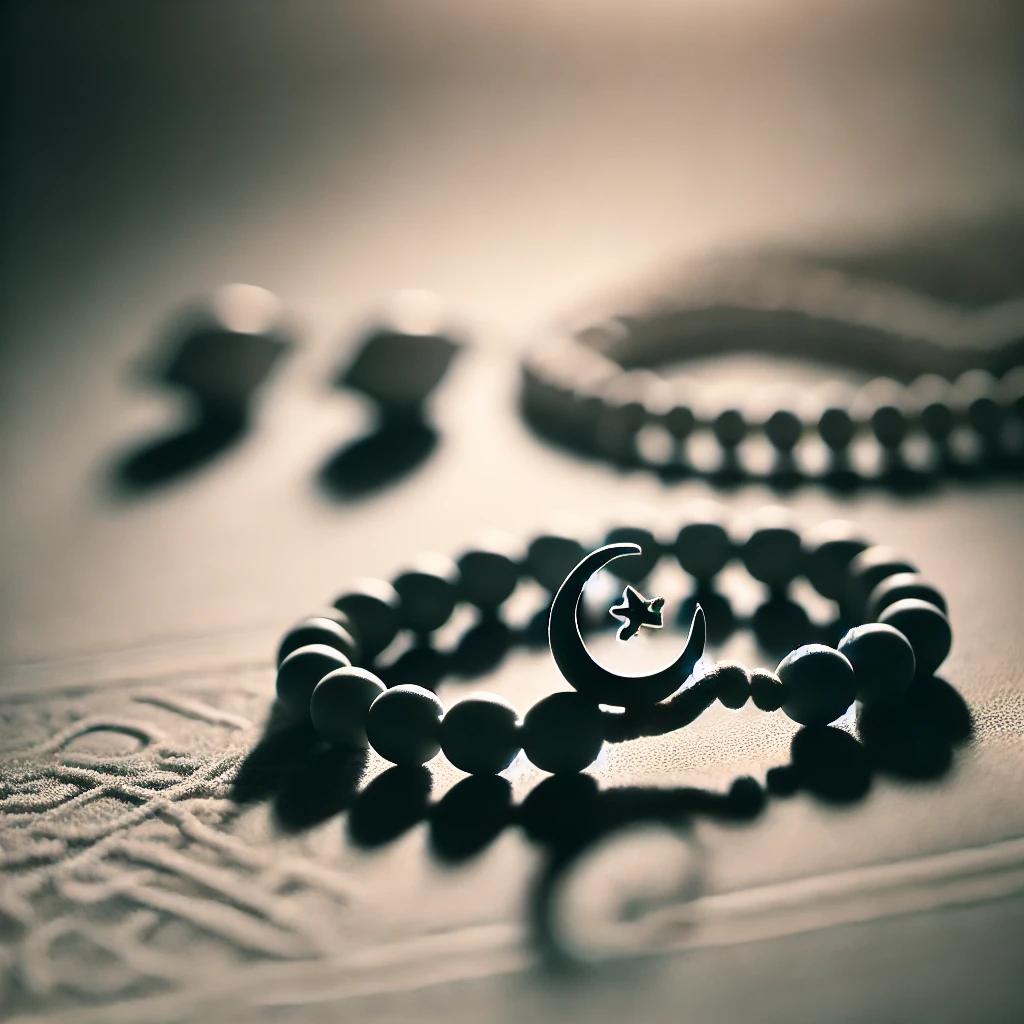
Sin During Ramadan
In Ramadan, the devils are chained, giving us a powerful chance to cut down on sins and truly feel the peace and blessings of this holy month. But some people still commit major sins, and they often wonder if these acts nullify their fasting. Based on what I’ve learned and taught, committing a sin does not break the fast, but it can cut the rewards, and we may lose the benefits that are normally multiplied in Ramadan. You don’t have to make up the day, but the punishment in the Hereafter might remain if not repented sincerely. I always remind my students that the true spirit of fasting is not just about staying hungry—it’s about staying pure. We should give thanks to Allah and follow the path of the Messenger, Muhammad, and his companions, family, and the prophets who showed us the right way. To help avoid sins, I suggest the Benefits of Learning Quran Online, where you stay connected to the Quran and its teachings, which helps you stay away from what may lead to wrongdoing.
Is doing Sin During Ramadan the Punishment Multiplied During Ramadan?
In the sacred month of Ramadan, every act carries greater weight—good deeds are multiplied, but so is the punishment for sins, as taught by the prophet, PMBUH, through both Quran and Sunnah. Many Muslims don’t realize that falling into sin during this holy time is not only spiritually damaging but may also block them from benefiting from the full performance of fasting. I often tell my students that even acts we do daily, like how we perform Wudu, reflect our sincerity and help us stay careful about slipping into what’s been repudiated. When one chooses to condense the seriousness of sin, they risk missing the mercy of Ramadan. The evidence is clear—just as the reward is great, so is the loss if one allows themselves to fall into wrongdoing.
If Devils Are Chained Up, Why Do People Commit sin?
Many people believe that since the devils are chained in Ramadan, no one should commit sins, but that’s a misconception. As Al-Bukhari and Muslim reported from Abu Hurayrah, the Messenger of Allah (SW) said the gates of Paradise are opened and the gates of Hell are closed, yet humans still fall into sin. This is because Iblees has workers, and more importantly, our souls carry an intrinsic inclination toward what is sinful, pleasurable, and easy. Even without direct inciting, the wicked habits of mankind and the inherently sin-loving nature of man can ruin him. Sometimes, just one act of mocking or disobedience can make a contributor to spiritual loss. That’s why I always suggest Online Quran Classes for Adults—they help refresh the heart with Surat Al-Baqara, deepen our connection with Allaah, and protect us from being trapped by our own nafs (desires).
Do Sins Nullify the Fast?
Many ask if sin during Ramadan can nullify the fast, especially when one might commit a major mistake. The answer is no—you do not break your fast by sinning, but you may have forfeited the reward of fasting. In my years of teaching, I’ve seen people confused when they make an error and think they must repeat the day, but unless it involves sexual intercourse, or you’re a menstruating woman, you’re not exempted from the obligation of fasting. These actions don’t require another fast, yet the loss is in what could’ve been gained. Always give thanks to Allah, our Lord of the world, and follow the Messenger (PMBUH) who brought peace and blessing through his example. Remember, only Allah knows best what’s in our hearts and what’s truly lost.
